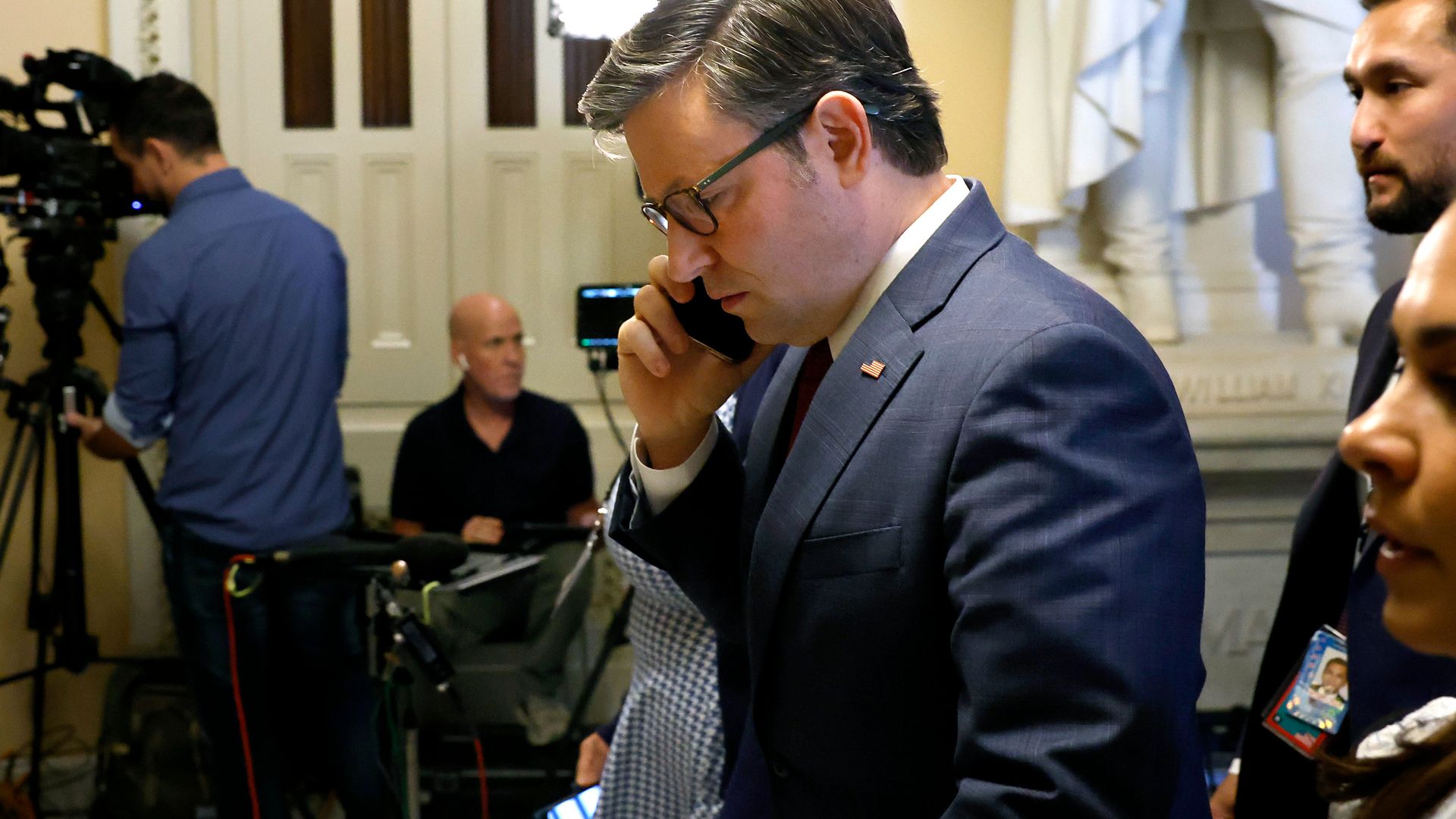
[RAY BOGAN]
House Republicans approved two spending bills Wednesday and are set to green light a third this week. None have a chance at becoming law because President Biden said he’d veto them if they ever get to his desk.
[Rep. Jared Moskowitz]
“President Biden doesn’t have to worry about vetoing them because they’re never going to get to his desk because the Senate’s not going to take any of it.”
[RAY BOGAN]
Here’s the latest – Republicans passed bills to fund the Homeland Security and State Departments for all of fiscal year 2025 and are on track to do the same with military funding later this week.
The GOP did it on a party line basis and included measures which would be considered poison pills for Democrats. For instance, the Defense spending bill bans funds from being used for gender affirming care. The Homeland Security bill includes $600 million for border wall construction and cuts funding to nonprofits that shelter immigrants.
[Rep. Rich McCormick]
“We aren’t going for outrageously conservative things, we’re actually already having to compromise. And for Biden in an election year to veto those things when he hasn’t done anything on the southern border, when he hasn’t done anything in decreasing regulation, decreasing the size of government.”
[RAY BOGAN]
In addition the bills do not follow agreements in the Fiscal Responsibility Act, the law negotiated by President Biden and then-Speaker Kevin McCarthy to raise the debt ceiling.
Defense and non-defense spending was supposed to increase 1%. But the state and foreign operations bill includes an 11% cut.
[Rep. Pramila Jayapal]
“I think it needs to go back to honor the deal that was made around the time of the debt ceiling and be be clear that we have divided government here and there probably some things that we wouldn’t necessarily agree on, but the upper limits were set and we should stick to those.”
[RAY BOGAN]
But talk of vetos may be premature. When the two chambers are divided between Democratic and Republican control, as they are now, both sides pass bills that fit their values and then they head to the negotiating table.
[Rep. John Duarte]
“The spending bills will go over to the Senate, the Senate will come back, we’ll conference them with the Senate if the Senate wants to get their act together and participate in this. And then we’ll send back a conference bill to Joe Biden.”
[RAY BOGAN]
There are 12 bills that fund the federal government. Speaker Mike Johnson wants them all approved in the House before Congress leaves for the August recess. When Congress returns, the second week of September, they’ll only have three weeks until they leave again to campaign for the entire month of October.











